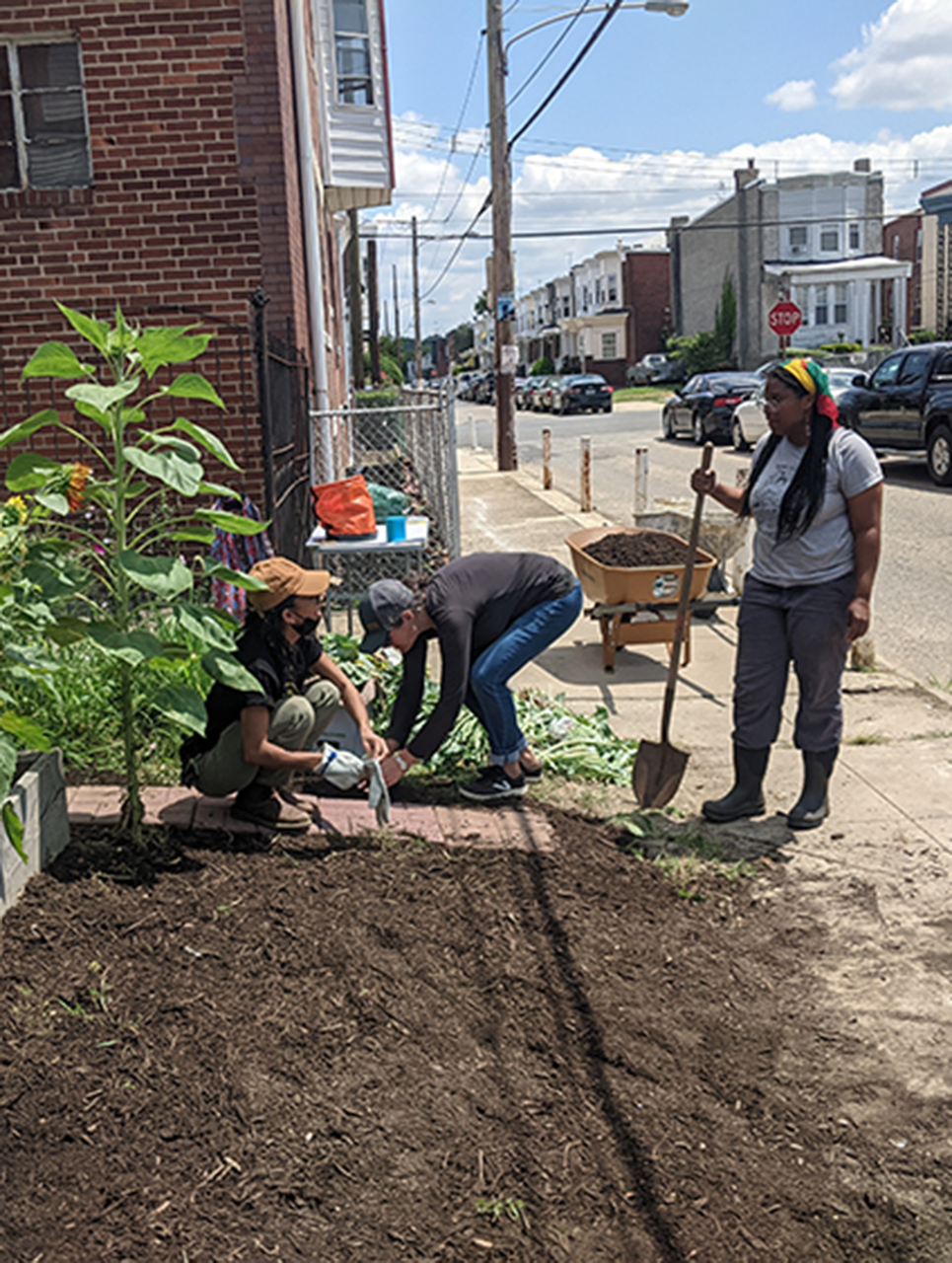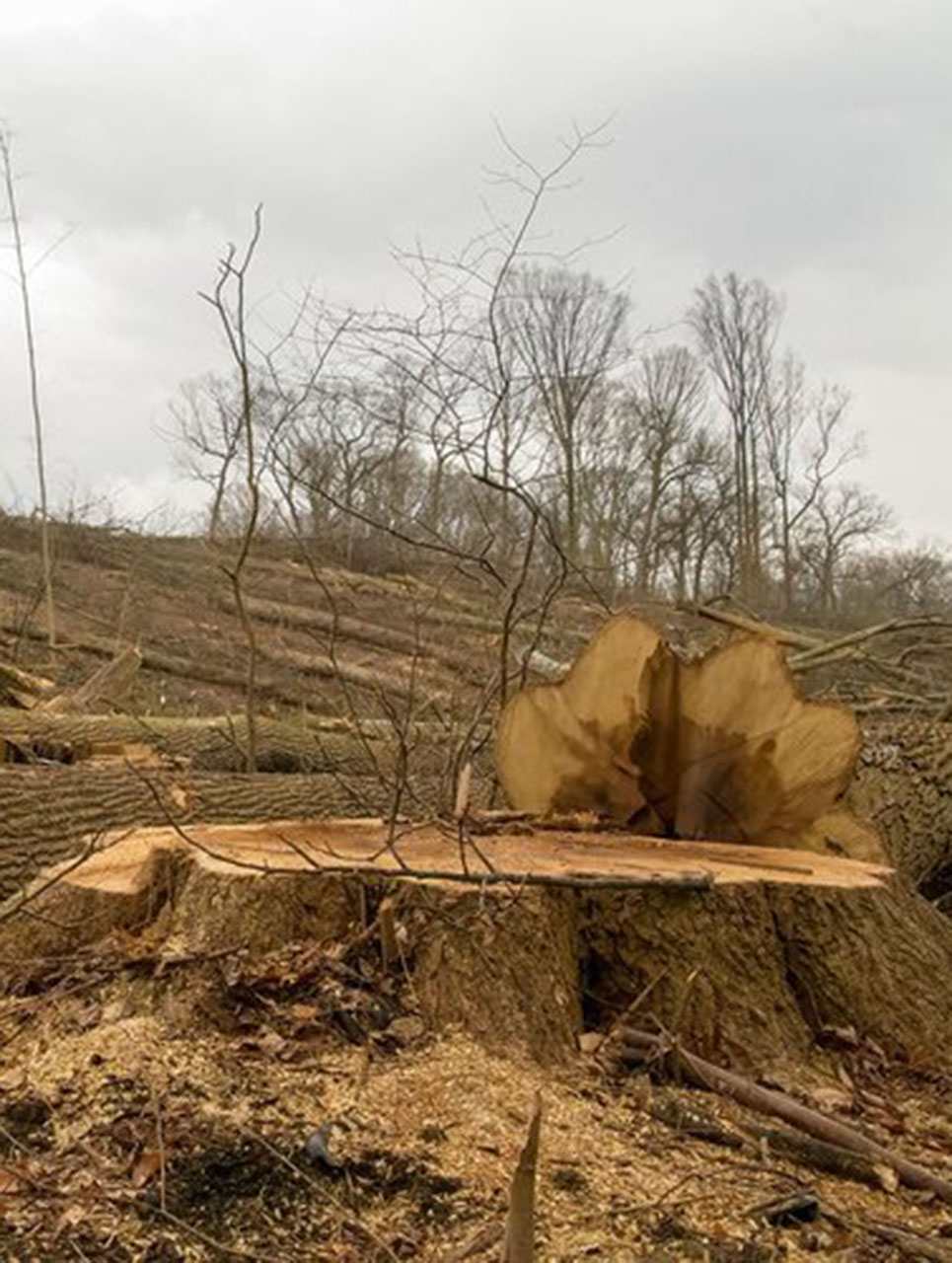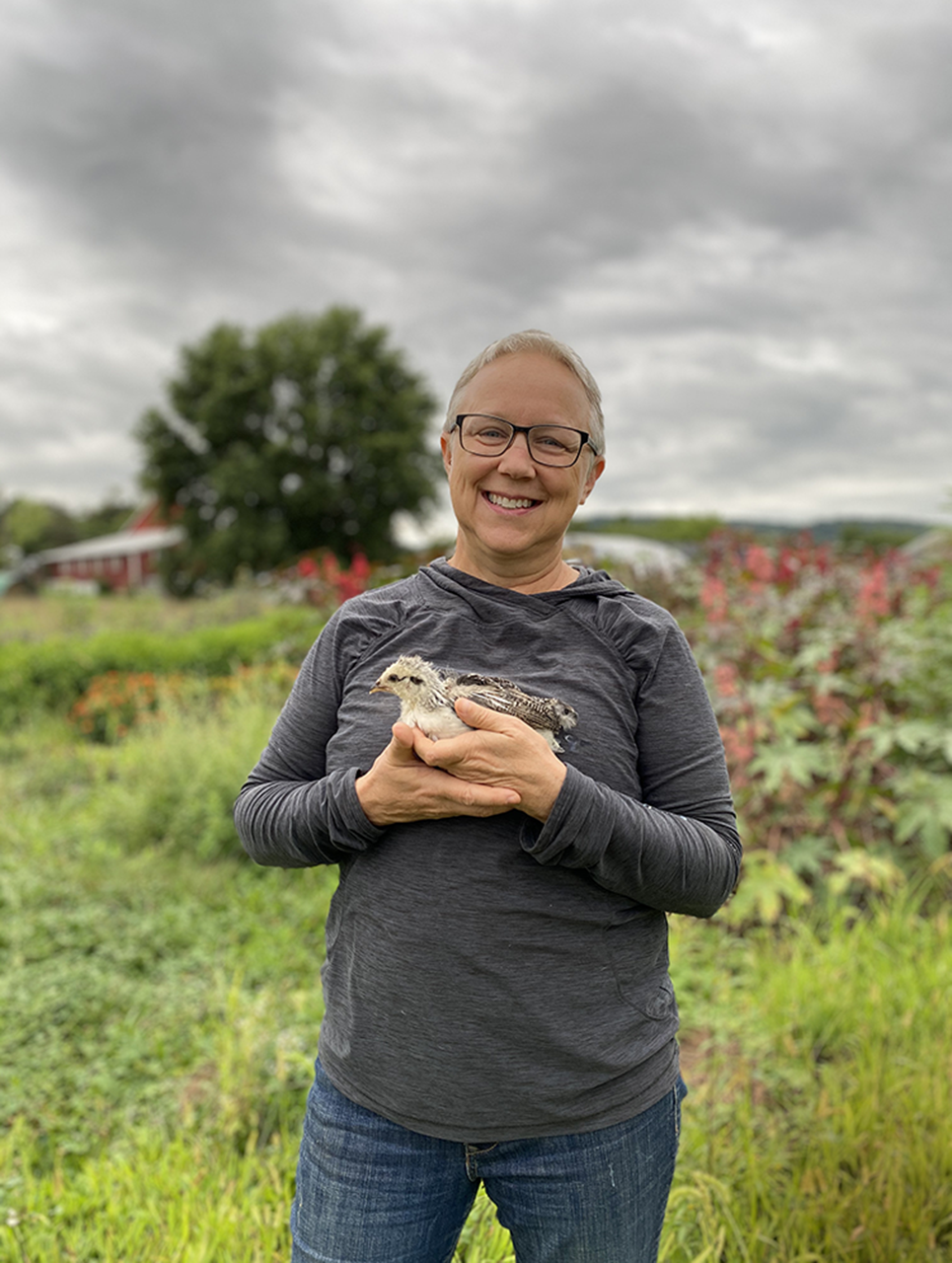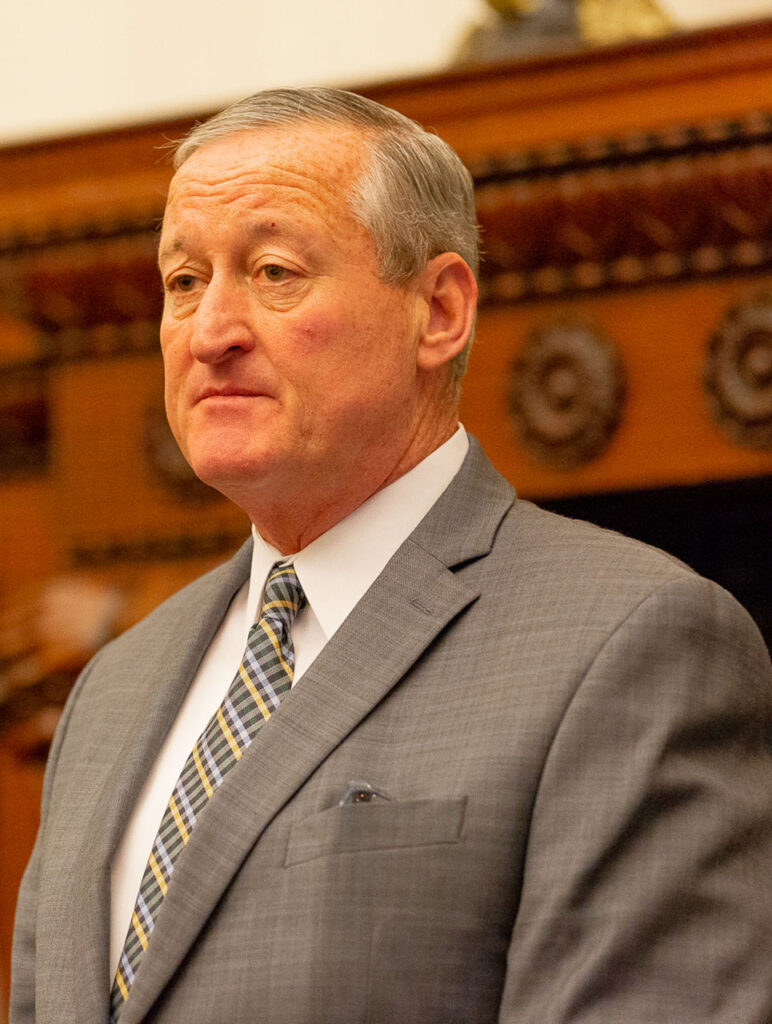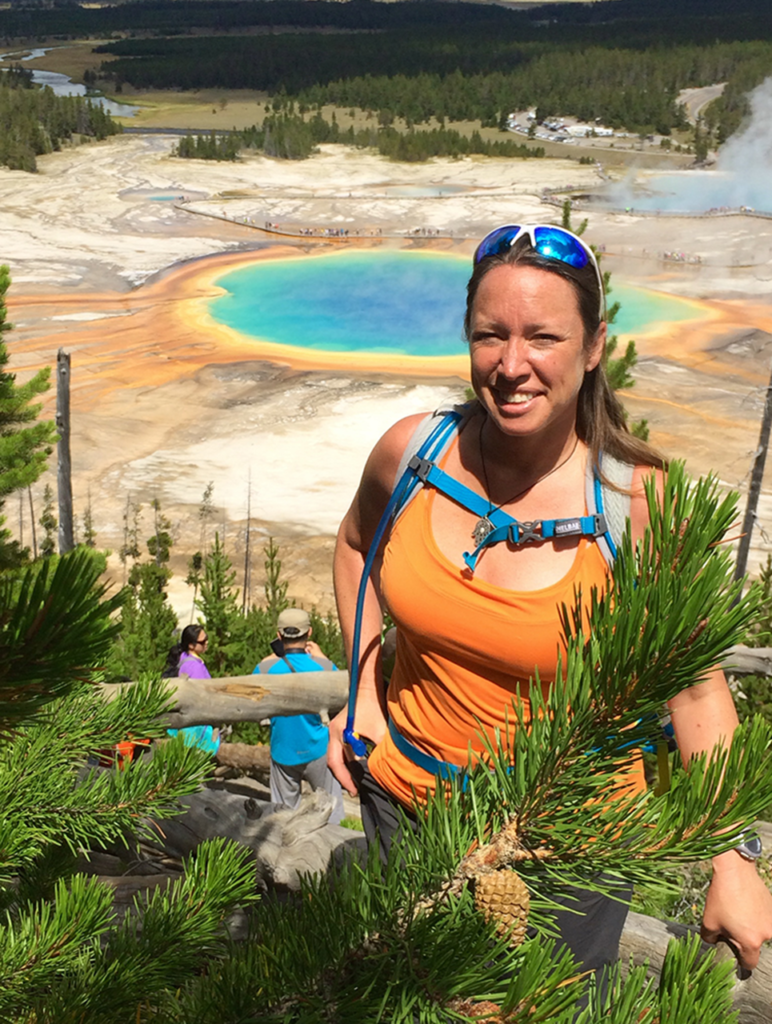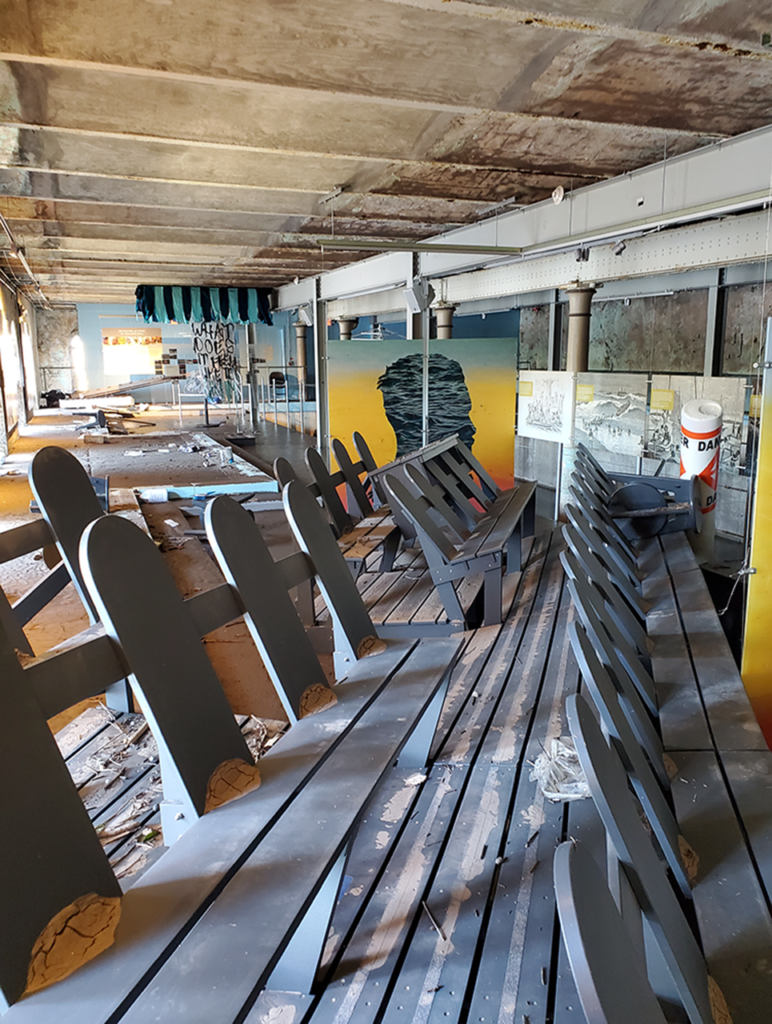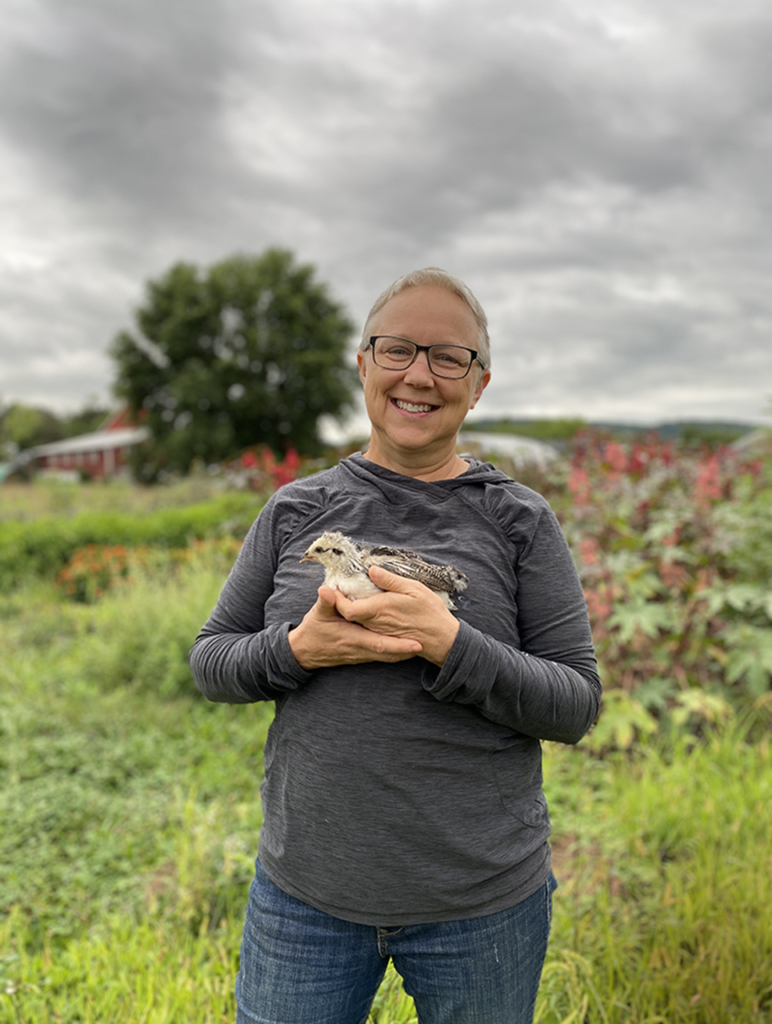We at Soil Generation have been organizing for land justice for growers of color in Philadelphia since 2014. Community control of land is the foundation of our collective struggle toward liberation. Whether the issue is food, education or housing, community control of resources requires community control of the land.
As rapid development displaces community gardens across the city, one of our greatest challenges has been reclaiming the narrative around urban agriculture. It is not just a hobby. Rather, it is the foundation of food; community and cultural sovereignty; and resilience and resistance by historically underinvested communities of color.
Interlinked with this, another challenge has been getting the institutional support needed to preserve, protect and invest in our gardens, which has been difficult because of this perception of urban agriculture as a hobby.
In an effort to ensure community voice in policy recommendations around food and land, in 2019 we began co-creating Philadelphia’s Urban Agriculture Plan: Growing from the Root, commissioned by Parks & Recreation and co-created with Interface Studio.
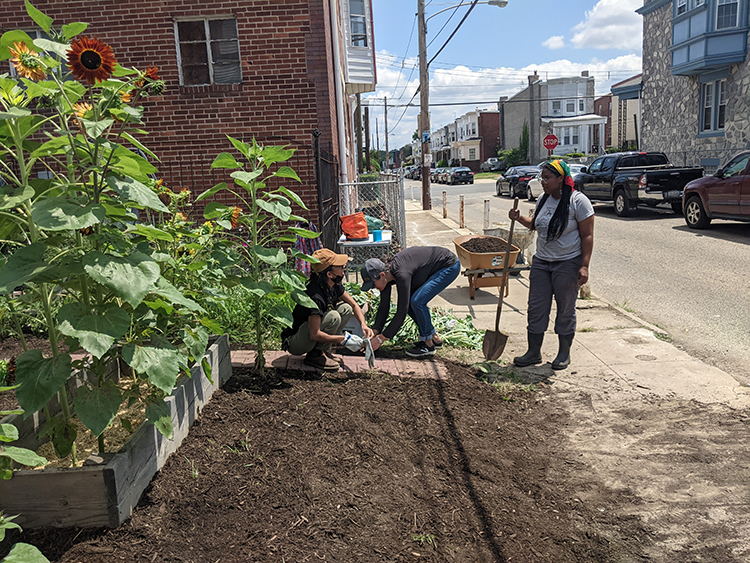
The process has engaged and integrated the wisdom of hundreds of dedicated growers and community advocates. We prioritize the experiences of disinvested communities who are on the frontlines of food insecurity by creating a more accessible engagement process, with services such as language translation and American Sign Language interpretation; paper mailings of our online engagement to neighborhoods with elders; and ensuring participants are from neighborhoods especially impacted by poverty, development and displacement.
Policy is not the litmus test for what is just. Policy reflects those who write it, enforce it and interpret it.
The plan aims to uplift the culturally significant history of urban agriculture and confront the legacy of structural racism as well as land-based oppression, and in doing so, establish a comprehensive framework for investing in agriculture and food justice, and clearly define the resources, policies, processes and programs necessary to sustain urban agriculture in Philadelphia.
A draft of the plan will be published for public review in May at soilgeneration.org. We invite you to take a look and begin thinking about your role in implementing the plan’s recommendations.
Once the plan is finished, the hope is that it can be leveraged by the public to hold the city accountable for making these plans reality. Implementation is most important. The plan itself does not put policy into motion, but it provides a comprehensive context, along with research and justification for these policies, and a community-informed roadmap for a more just local food system.
As Soil Generation, this work has been challenging because we hold our radical values with deep commitment, something that inevitably creates friction with institutional protocols. We have been challenging traditional power dynamics, naming invisibilized labor and trying to hold a process that will create something that is accessible and beneficial to the most marginalized of us—all while simultaneously combating the institutional pressures that continue to oppress our communities’ ways of life.
While finishing this plan is a major feat, our policy work continues.
Policy is not the litmus test for what is just. Policy reflects those who write it, enforce it and interpret it. Policy, while left to its process, fails to rectify the relationships that will ultimately carry us into a way of life that is as abundant as nature herself.
Realizing that policy is an apparatus that stands between us and our vision of culturally-rich, healthy agroecological communities, we fight for threatened gardens and for community control of land: the land we steward and all the history, labor and love it holds. We fight for racial and economic justice. We organize.
Soil Generation is a Black & Brown agroecology coalition of women and nonbinary farmers and organizers working to ensure people of color regain community control of land and food, share resources and prioritize community healing, grow food, and protect and commune with the land.


